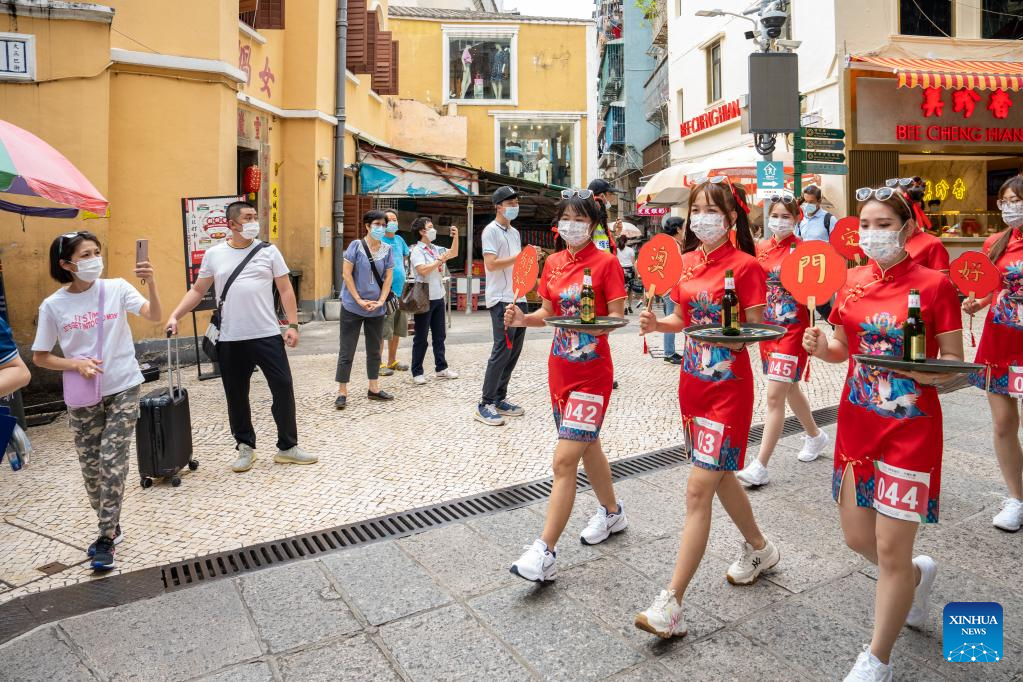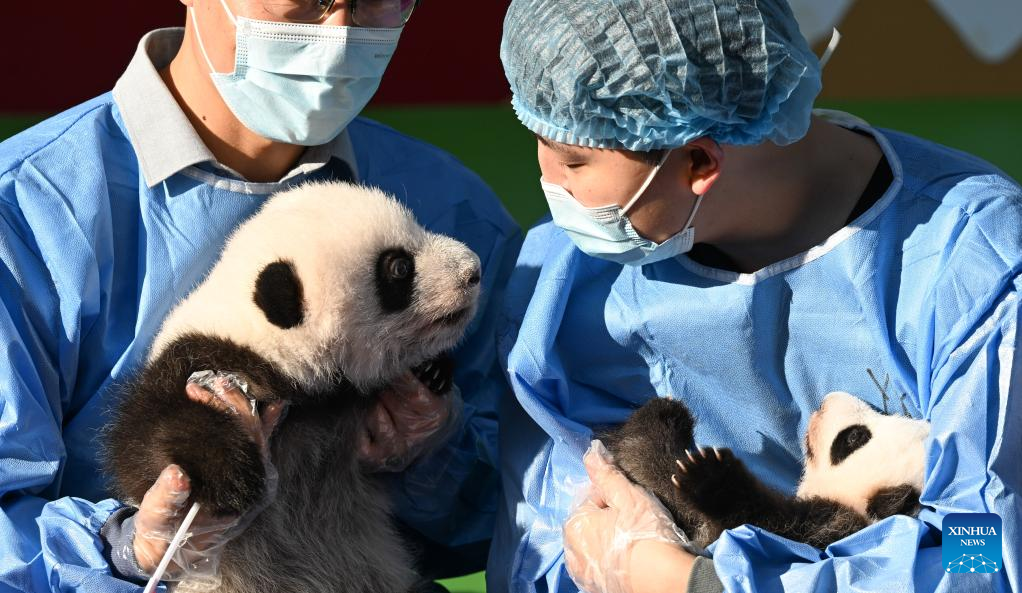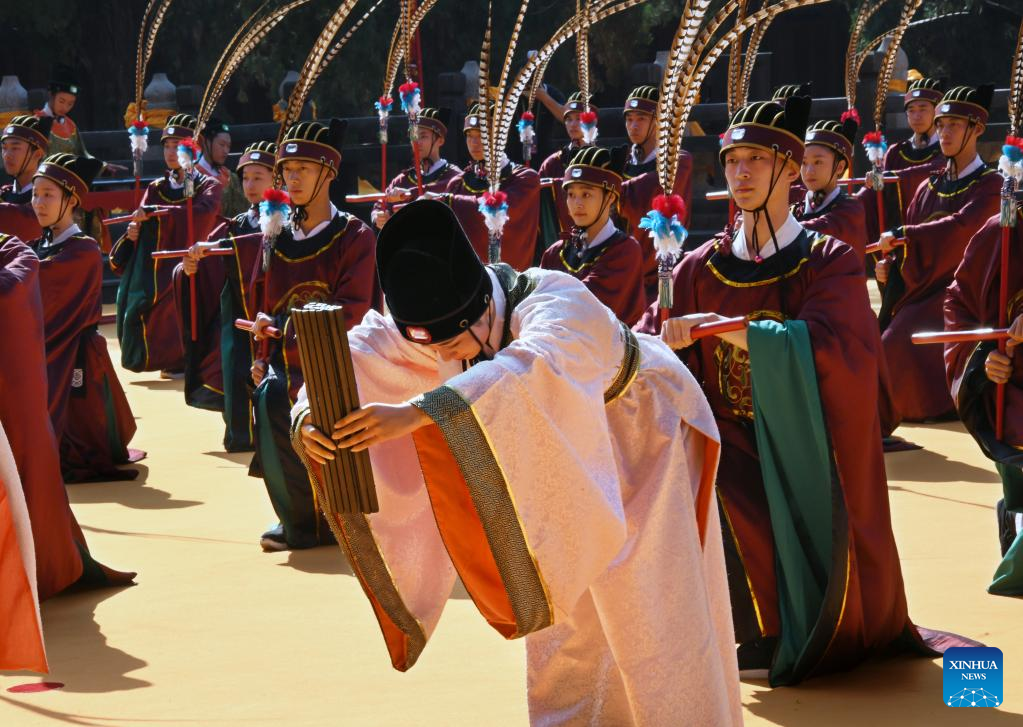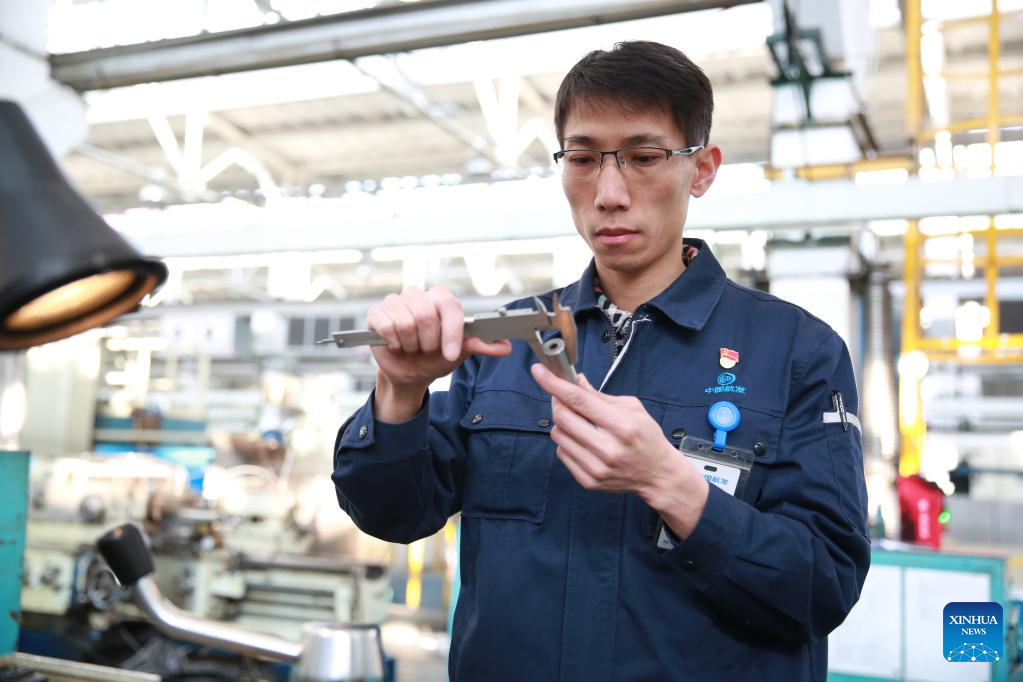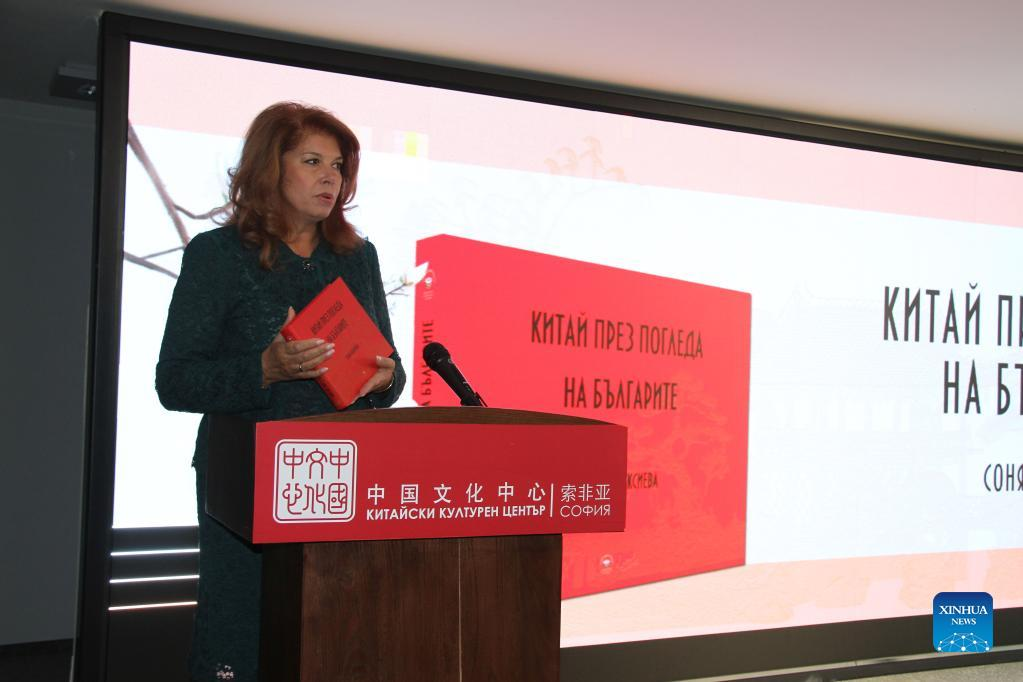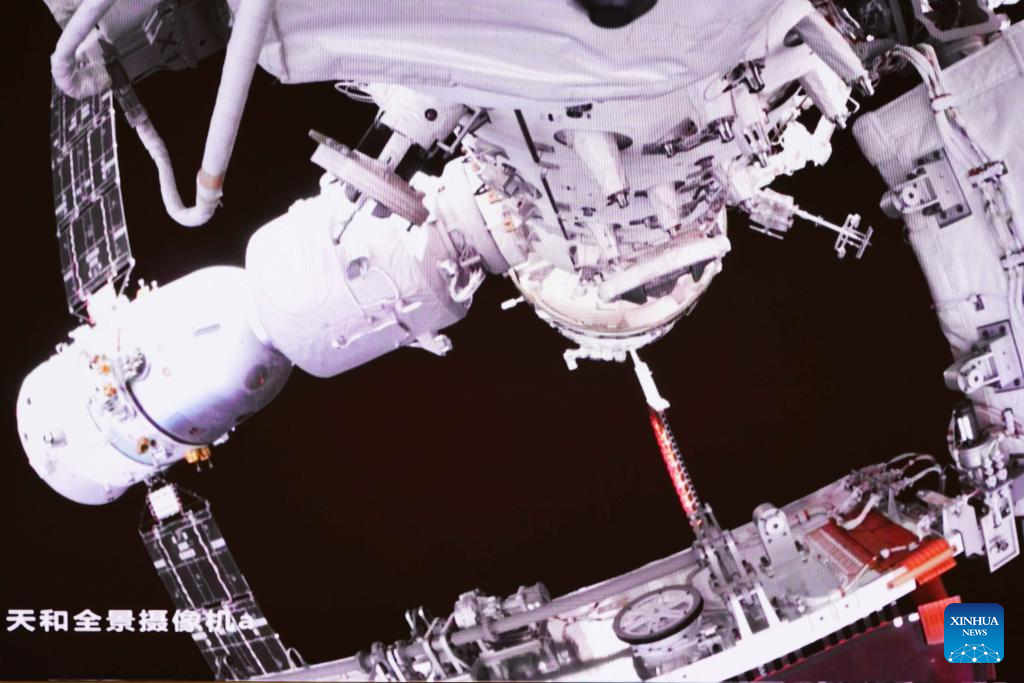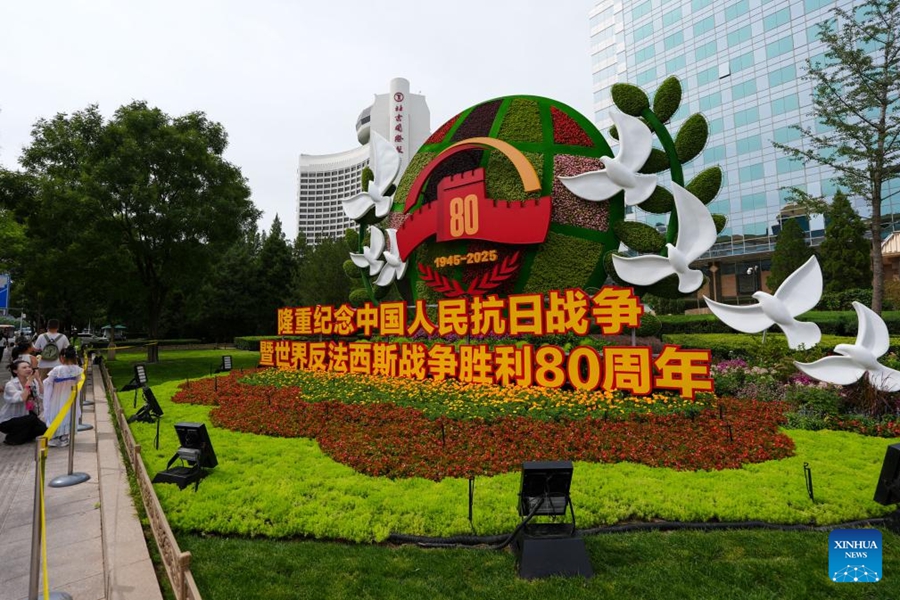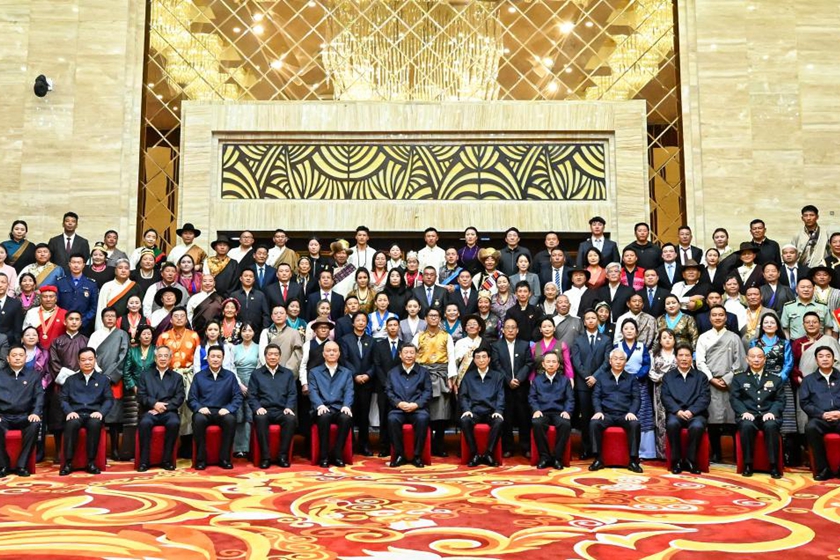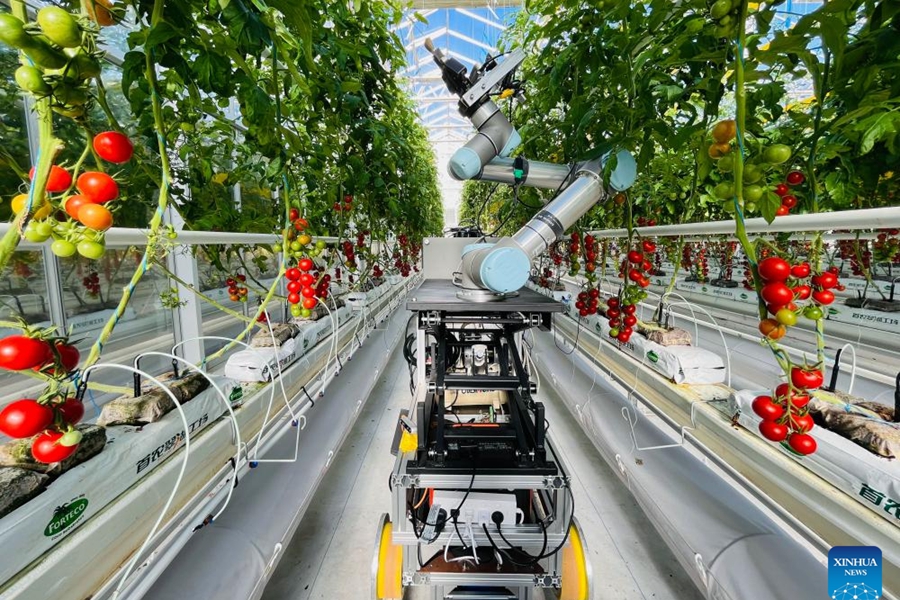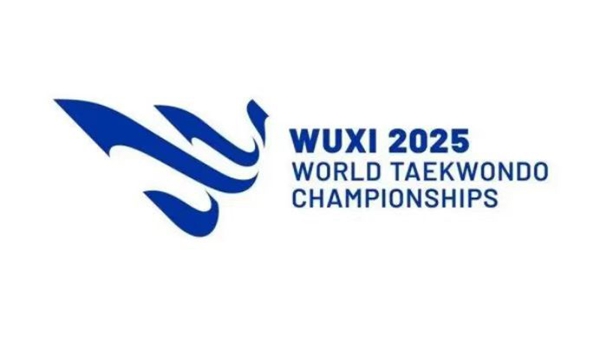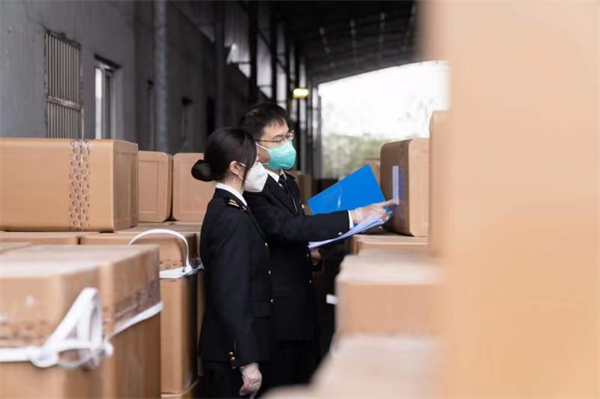
In 2022, Nanjing Customs issued 87,500 certificates of origin under the Regional Comprehensive Economic Partnership agreement for goods worth 32.396 billion yuan, the highest export value among customs in China.
Such trade documents were able to lead to an estimated 260 million yuan in tariff concessions from importing countries.
In last year, Jiangsu’s companies also imported goods from the RCEP members worth 13.536 billion yuan, with more than 230 million yuan of tariffs reduced.
On January 28, Changshu Customs House, affiliated to Nanjing Customs District, issued the RCEP certificate of origin for UPM China’s paper products worth $95,000 to be exported to Indonesia.
The company’s photocopy paper, special paper and label materials are mainly sold to Malaysia, Indonesia, Thailand, the Philippines, Vietnam and other ASEAN countries, according to Lu Haidong, a business manager of UPM China.
Lu also said the RCEP agreement means not only a tariff reduction but also an additional opportunity and new choice so it plays a significant role in maintaining a cooperative relationship with overseas customers.
As the world's biggest trade pact, the RCEP agreement officially entered into force on January 1, 2022 and then took effect in Indonesia, a key trade partner in Southeast Asia for China, a month ago.
Nanjing Customs has strengthened efforts to guide Jiangsu enterprises in making a better use of the trade agreement, such as preferential policies and more market access opportunities.
Jiangsu Dynamic Chemical Co Ltd, based in Nanjing, specializes in the production and sales of fine chemical products, and achieved 175 million yuan of imports and exports in 2022. Lu Xiulan, a manager of Dynamic Chemical, said Japan, South Korea and ASEAN are the main export markets so it is eligible to benefit from the RCEP agreement, such as a 3% tariff reduction for exports to Japan. The company enjoyed a total tariff reduction of more than 3 million yuan last year.
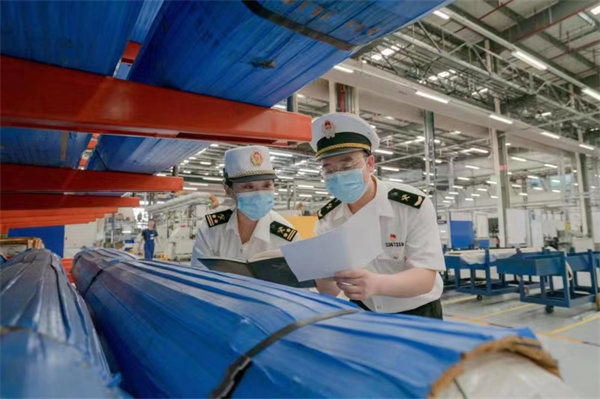
Contact us at english@jschina.com.cn

